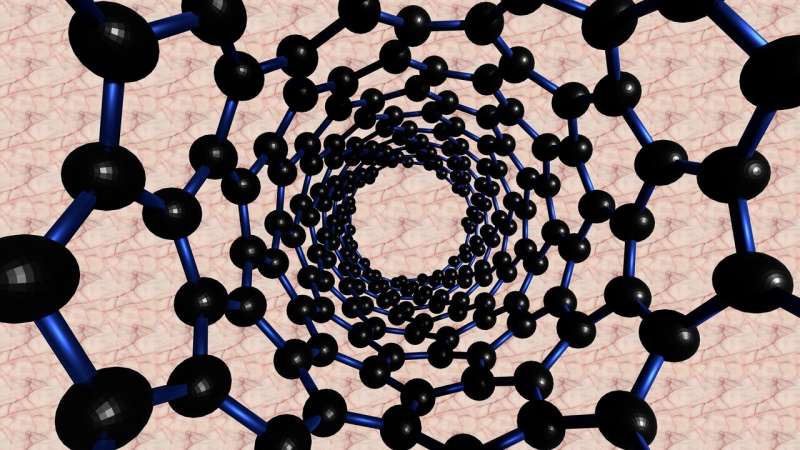An international research team led by the University
of Cologne has succeeded for the first time in connecting several
atomically precise nanoribbons made of graphene, a modification of
carbon, to form complex structures. The scientists have synthesized
and spectroscopically characterized nanoribbon heterojunctions.
They then were able to integrate the heterojunctions into an
electronic component. In this way, they have created a novel sensor
that is highly sensitive to atoms and molecules. The results of
their research have been published under the title “Tunneling
current modulation in atomically precise graphene nanoribbon
heterojunctions’ in Nature Communications. The work was carried out
in close cooperation between the Institute for Experimental Physics
with the Department of Chemistry at the University of Cologne, as
well as with research groups from Montreal, Novosibirsk, Hiroshima,
and Berkeley. It was funded by the German Research Foundation (DFG)
and the European Research Council (ERC).
New atomically precise graphene nanoribbon heterojunction
sensor developed



